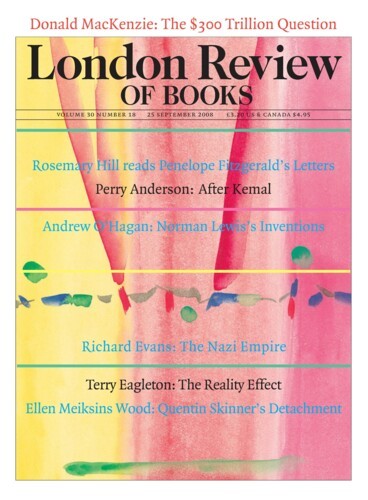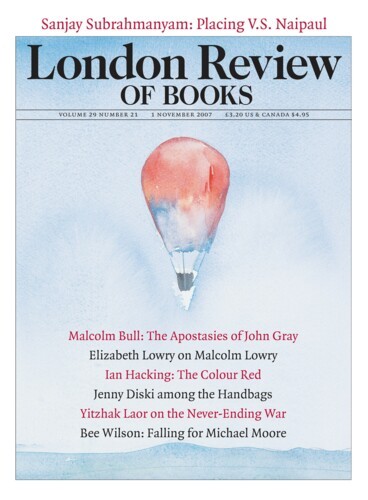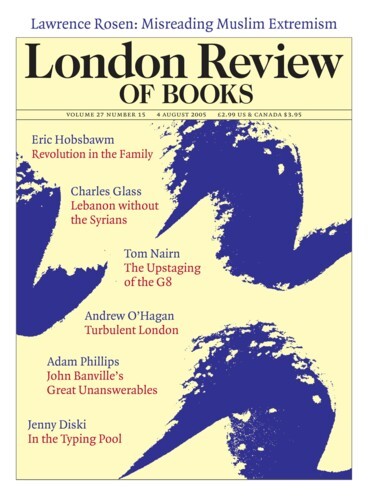What’s in a Number? The $300 Trillion Question
Donald MacKenzie, 25 September 2008
Judged by the amount of money directly dependent on it, the British Bankers’ Association’s London Interbank Offered Rate matters more than any other set of numbers in the world. Libor anchors contracts amounting to some $300 trillion, the equivalent of $45,000 for every human being on the planet. It’s a critical part of the infrastructure of financial markets but, like plumbing, doesn’t usually get noticed. Only a handful of economists, and no other academics, have ever looked in any detail at Libor, and even the financial press didn’t show much interest in how Libor is calculated until this spring, when there was sharp controversy over whether these crucial numbers could be trusted.





